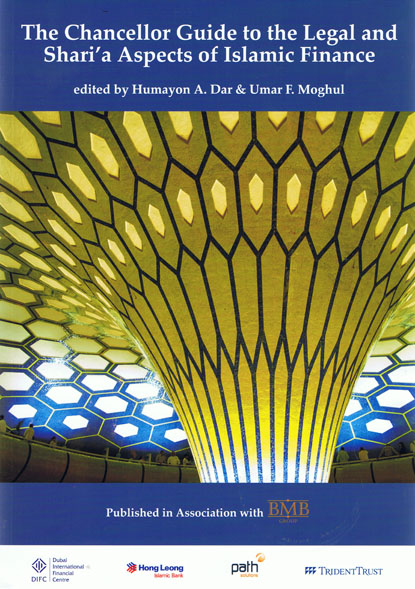
Worldwide demand for Islamic Finance products has continued to grow despite the current international economic turmoil. Assets of the global islamic finance industry are now estimated to grow to around US$1.6 trillion by 2012 with the market for such products growing by around 20% a year (1). The market of islamic bonds ("sukuk") alone is estimated to be $70 billion - and is projected to exceed $100 billion by 2010.
The recent credit crunch far from dampening this expansion, looks likely to fuel it, as the fundamental precepts of Islamic Finance appear increasingly attractive to many Western financiers and investors. The rapid pace of economic growth and wealth accumulation in predominantly Muslim countries has prompted many financial institutions in the U.S. and Europe to position their investment teams across the Middle East and Asia to take advantage of asset gathering opportunities in these regions.
To be effective in these markets, it is essential that professionals have the appropriate understanding of how Shari'a legal principles are applied in the financial sector. Failure to do so exposes them - and their clients - to potential financial, legal and reputational pitfalls. To date most books on Islamic Finance have tackled the subject from a generalist or financial product perspective. The legal dimensions has been virtually ignored - until now!
The Chancellor Guide to the Legal and Shari'a Aspects of Islamic Finance is the first professional reference book to focus specifically on the legal dimensions of Islamic Finance. It brings together 19 Islamic Finance legal practitioners and advisors to provide a comprehensive legal perspective on the subject.
Each contributor draws on several years' hands-on experience in Islamic Finance product development and advice to leading financial institutions, ensuring that you benefit from a real world, contemporary assessment of the key legal issues in Islamic Finance.
The Guide covers almost every asset class - Sukuk and insurance, hedge funds syndication, trade finance, real estate, wealth management, project finance, derivatives and private equity.